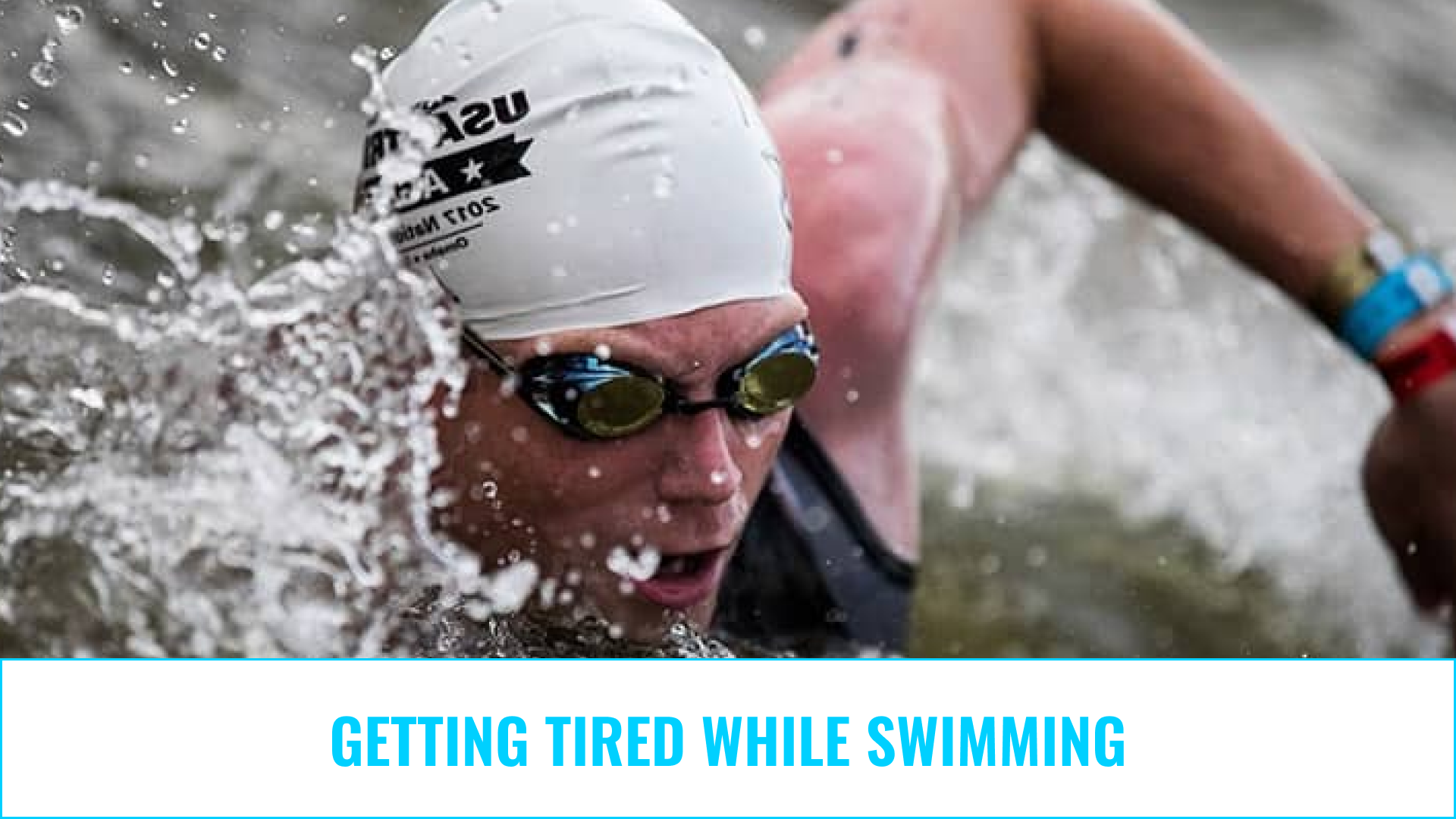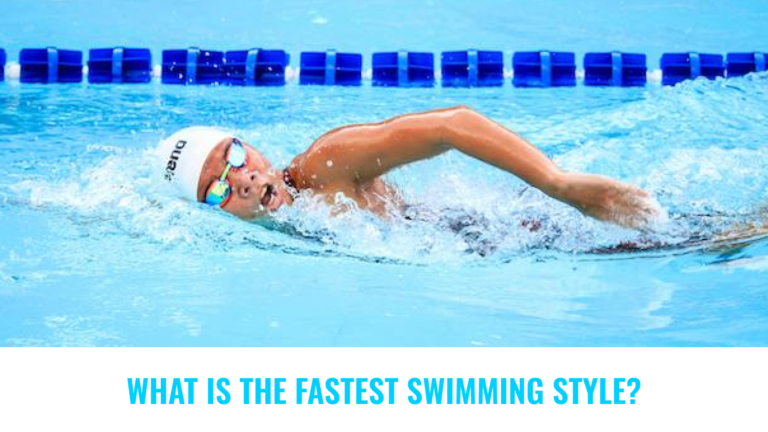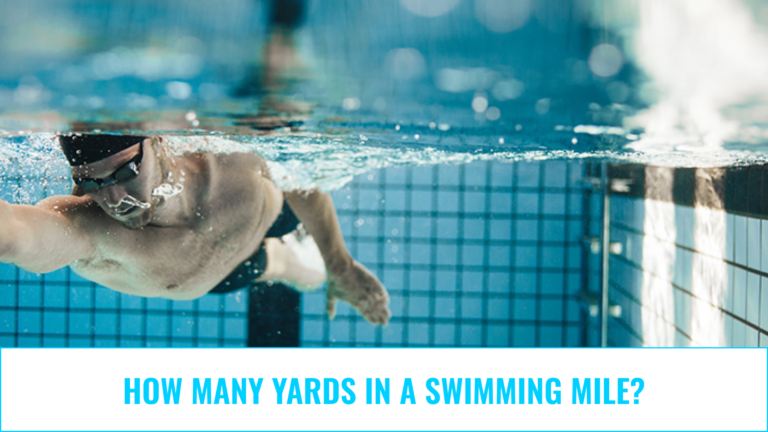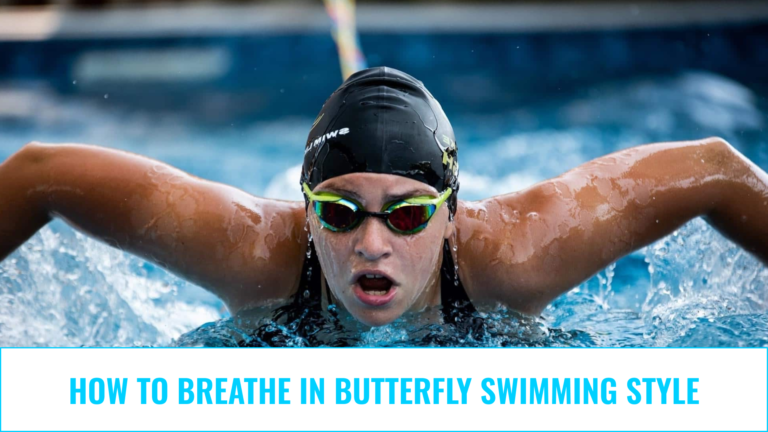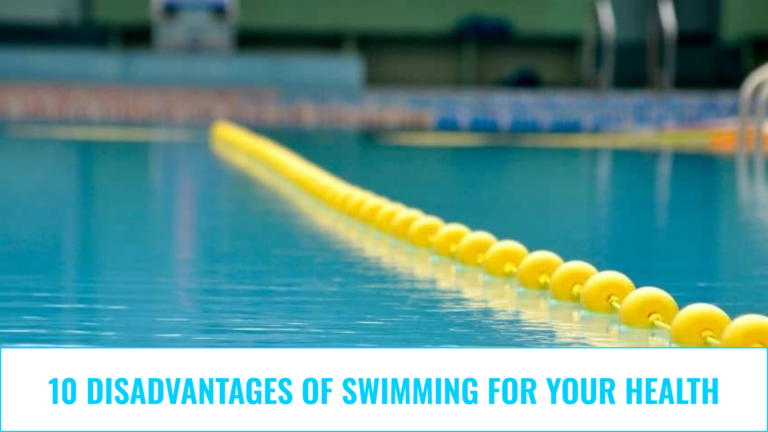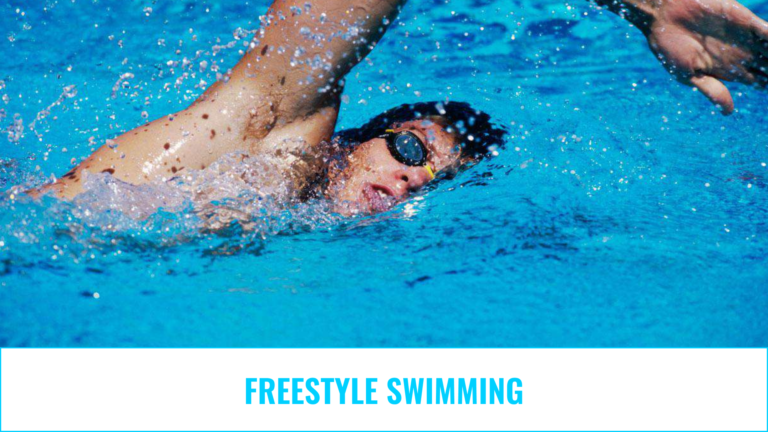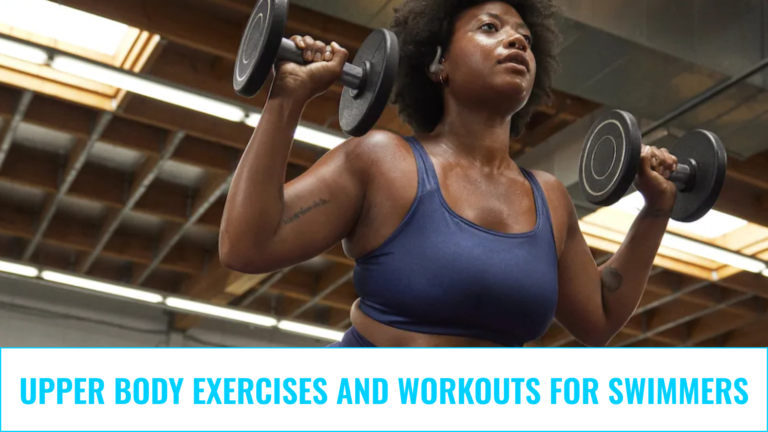Causes And Solutions for Getting Tired While Swimming
Swimming can be a physically demanding activity, so it’s not uncommon for people to feel tired while swimming. There are several reasons why someone might feel tired while swimming, including
- Lack of sleep or rest: If you’re not well-rested, your body will not have enough energy to sustain a prolonged swim.
- Lack of proper nutrition: Eating a balanced diet and fueling your body with the right nutrients is important for providing energy during physical activity.
- Inadequate training or conditioning: If you’re not used to swimming or you haven’t been training regularly, your body may not be prepared for the demands of the activity.
- Overdoing it: If you’re swimming too hard or for too long, your body may not be able to keep up, leading to fatigue.
- Medical conditions: Certain medical conditions, such as anemia or chronic fatigue syndrome, can cause fatigue during physical activity.
The Effect of Lack of Sleep on Fatigue While Swimming
Lack of sleep can have a significant impact on fatigue while swimming or participating in other physical activities. When you don’t get enough sleep, your body doesn’t have the time it needs to repair and recover from the demands of the day. This can lead to a decrease in energy and an increase in fatigue.
In addition, lack of sleep can also affect your mood, concentration, and overall performance. This can make it more difficult to engage in physical activities like swimming and can make the activity feel more challenging and exhausting.
To avoid the effects of lack of sleep on fatigue while swimming, it’s important to make sure you’re getting enough sleep regularly. Aim for 7-9 hours of sleep per night and try to maintain a consistent sleep schedule. This can help ensure that your body has the time it needs to repair and recover, and can help you avoid feeling overly tired while swimming.
The Effect of Not Eating Properly on Fatigue While Swimming
Not eating properly can also have a significant impact on fatigue while swimming or participating in other physical activities. When you don’t eat a balanced diet that includes the right nutrients, your body doesn’t have the fuel it needs to sustain physical activity. This can lead to a decrease in energy and an increase in fatigue.
In addition, not eating properly can also affect your overall health and well-being. This can make it more difficult for your body to recover from the demands of physical activity and can make you more susceptible to illness or injury.
To avoid the effects of not eating properly on fatigue while swimming, it’s important to make sure you’re fueling your body with the right nutrients. Eat a balanced diet that includes plenty of fruits, vegetables, and complex carbohydrates, and make sure you’re getting enough protein and healthy fats. This can help provide your body with the energy it needs to sustain physical activity and can help you avoid feeling overly tired while swimming.
The Effect of Wrong or Insufficient Exercise on Fatigue While Swimming
If you are not exercising regularly or not exercising correctly, it can affect your fatigue levels while swimming or participating in other physical activities. When you don’t exercise regularly, your body is not prepared for the demands of physical activity. This can lead to a decrease in endurance and an increase in fatigue.
In addition, if you are not exercising correctly, you may not be adequately training your body for the demands of swimming or other physical activities. For example, if you only do low-intensity exercises, your body may not be able to handle the demands of high-intensity activities like swimming. This can also lead to an increase in fatigue.
To avoid the effects of wrong or insufficient exercise on fatigue while swimming, it’s important to make sure you’re exercising regularly and training your body properly. Engage in a mix of low-intensity and high-intensity activities, and make sure you’re training specific muscles and systems that are used during swimming. This can help improve your overall fitness level and can help you avoid feeling overly tired while swimming.
The Effect of Overswimming on Fatigue While Swimming
If you swim for too long or if you swim too hard, it can lead to an increase in fatigue while swimming or participating in other physical activities. When you push your body beyond its limits, it can lead to a decrease in energy and an increase in fatigue.
In addition, over swimming can also lead to other negative effects on your body, such as muscle fatigue, dehydration, and decreased performance. This can make it more difficult to engage in physical activity and can make the activity feel more challenging and exhausting.
To avoid the effects of over swimming on fatigue while swimming, it’s important to listen to your body and not push yourself too hard. Take regular breaks when needed, and don’t swim for longer than your body can handle. This can help prevent overtraining and can help you avoid feeling overly tired while swimming.
What Diseases Can Cause Excessive Fatigue While Swimming?
Several medical conditions can cause excessive fatigue while swimming or participating in other physical activities. These include
Anemia: Anemia is a condition in which the body does not have enough red blood cells to carry oxygen to the body’s tissues. This can cause fatigue and make physical activity more difficult.
- Chronic fatigue syndrome: Chronic fatigue syndrome is a condition that causes persistent fatigue that is not relieved by rest. People with this condition may find it difficult to engage in physical activity.
- Thyroid disorders: The thyroid is a gland that produces hormones that regulate the body’s metabolism. When the thyroid is not functioning properly, it can cause fatigue and other symptoms.
- Heart disease: Heart disease, such as coronary artery disease or heart failure, can make it more difficult for the heart to pump blood to the body’s tissues, leading to fatigue.
- Sleep disorders: Sleep disorders, such as insomnia or sleep apnea, can cause fatigue and make it difficult for the body to recover from physical activity.
If you have any of these medical conditions and are experiencing excessive fatigue while swimming, it’s important to talk to your doctor. They can help you manage your condition and determine the best course of action.
Which vitamins are recommended for those who are overtired while swimming?
It’s important to note that vitamins are not a solution for excessive fatigue while swimming. If you are feeling overly tired while swimming, the most important thing to do is to take a break and rest. If the fatigue persists, it’s important to talk to your doctor to determine the underlying cause. In some cases, medical conditions or other factors may be contributing to the fatigue and may require treatment.
That being said, certain vitamins and minerals can support overall health and well-being and may be especially beneficial for those who engage in physical activities like swimming. These include
- Vitamin D: Vitamin D is important for maintaining strong bones and supporting the immune system. It can be found in foods such as fatty fish, eggs, and fortified milk, and can also be produced by the body when the skin is exposed to sunlight.
- Iron: Iron is a mineral that is necessary for the production of red blood cells, which carry oxygen to the body’s tissues. Iron deficiency anemia can cause fatigue, so it’s important to make sure you’re getting enough iron in your diet. Good sources of iron include red meat, poultry, and iron-fortified cereals.
- B vitamins: B vitamins, such as B6 and B12, are important for maintaining energy levels and supporting the metabolism. They can be found in foods such as meat, poultry, fish, and fortified grains.
It’s important to remember that vitamins are not a solution for excessive fatigue while swimming. If you are experiencing this type of fatigue, it’s best to talk to your doctor to determine the underlying cause and seek appropriate treatment.

